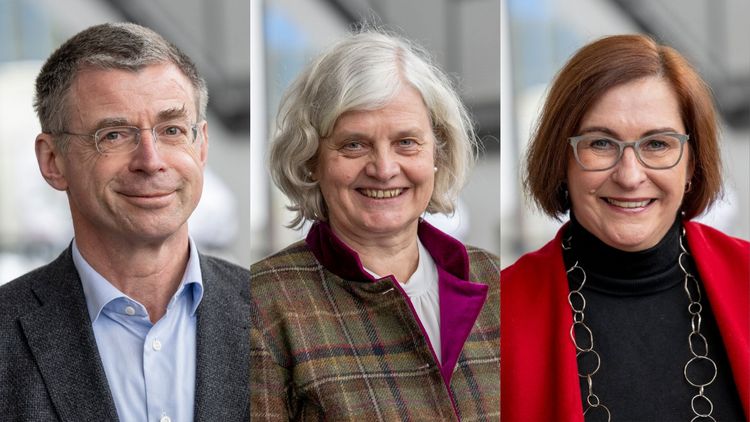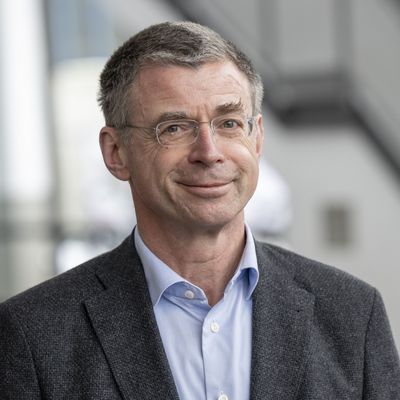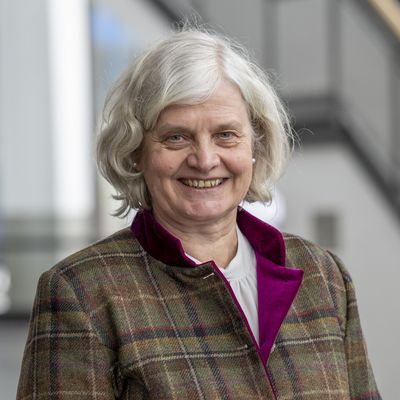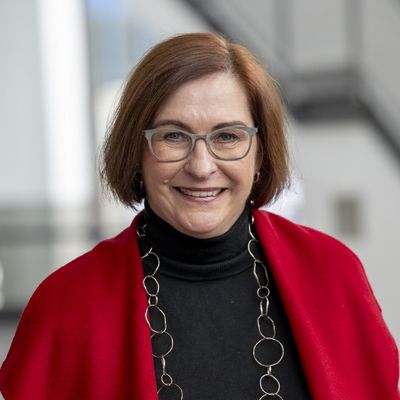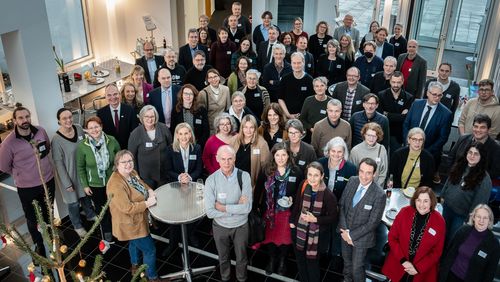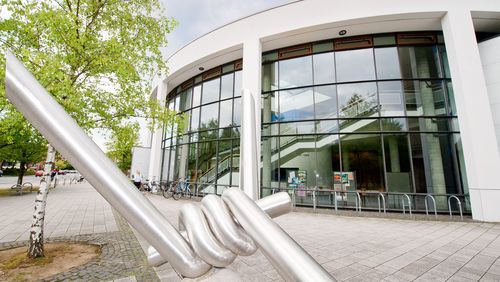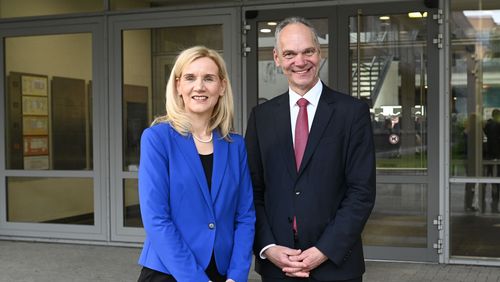About the people
Prof Dr Ralf Grüttemeier has been a professor of Dutch literature at the university since 1997. His research focusses on Dutch literary history and the relationship between law and literature. In 2010, the university honoured him with the "Teaching Prize". Grüttemeier was Dean of Faculty III Linguistics and Cultural Studies from 2005 to 2007 and from 2017 to 2019.
Prof Dr Andrea Strübind has been a university lecturer in Church History and Historical Theology since 2006. From 2013 to 2017, Strübind was Dean of Faculty IV Humanities and Social Sciences, and since 2017 she has been Director of the Institute for Protestant Theology and Religious Education. She is an internal member of the University Council, a central advisory and supervisory body of the university, and is also Chair of the Intercultural Jewish Studies Centre.
Prof Dr Katharina Al-Shamery has been a university lecturer in physical chemistry since 1999 and heads the Nanophotonics and Interfacial Chemistry working group. She was Vice President for Research from 2010 to 2014 and also took over the office of President on an interim basis for a year and a half in 2014. The award-winning scientist holds a variety of functions and offices and is in demand both nationally and internationally as an expert, for example at the German Research Foundation or the European Research Council and for ten years as a member of the German National Academy of Sciences Leopoldina.
Contact



